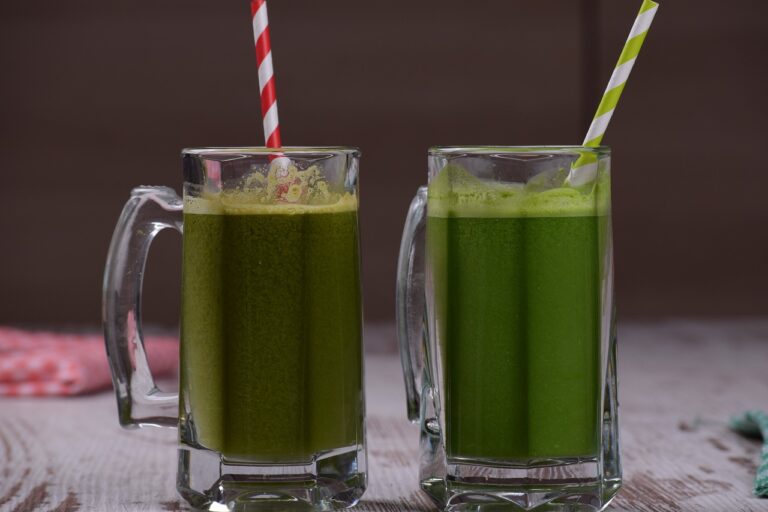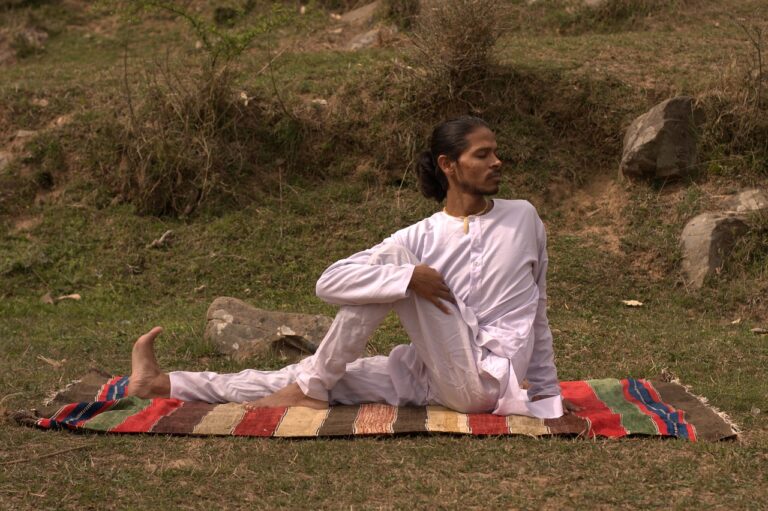Understanding TCM for Depression in Singapore: A Holistic Approach to Mental Wellness
In recent years, the interest in TCM For Depression Singapore has grown as more individuals seek natural and holistic solutions for managing mental health conditions. Traditional Chinese Medicine (TCM) has long been known for its integrative approach to health, focusing not just on treating symptoms but on addressing the root causes of imbalance in the body and mind. With depression becoming a growing concern in modern societies, TCM offers a complementary path to conventional treatments, helping patients restore harmony and improve overall well-being.
The Rising Challenge of Depression in Modern Society
Depression is one of the most common mental health conditions globally, and Singapore is no exception. The pressures of modern living—ranging from work stress and academic expectations to financial worries and personal struggles—can lead to emotional imbalances. Symptoms of depression often include persistent sadness, loss of interest in daily activities, fatigue, difficulty concentrating, sleep disturbances, and in severe cases, feelings of hopelessness.
While conventional treatments such as psychotherapy and antidepressants are widely used, not everyone responds positively to them. Some individuals seek complementary therapies like TCM For Depression Singapore to manage their condition in a more holistic manner, without relying solely on medication.
The Philosophy of TCM in Mental Health
Traditional Chinese Medicine views health as a dynamic balance between the body, mind, and environment. In TCM theory, depression is often linked to imbalances in Qi (vital energy), blood circulation, and the functions of key organs such as the liver, heart, spleen, and kidneys. Emotional stress, lifestyle habits, and external influences can disrupt these systems, leading to symptoms associated with depression.
From this perspective, depression is not just a psychological issue but also a physical and energetic imbalance. Therefore, treatment focuses on restoring harmony within the body to improve both mental and physical health. This holistic view makes TCM For Depression Singapore an appealing option for individuals who want a more integrative approach to healing.
Common TCM Approaches for Depression
There are several modalities within TCM that can be used to address depression. Each is tailored to the individual’s unique condition and constitution.
1. Acupuncture
Acupuncture is one of the most widely recognized TCM practices. By stimulating specific points on the body, acupuncture helps regulate the flow of Qi, reduce stress, and promote relaxation. Studies have shown that acupuncture can influence neurotransmitters such as serotonin and dopamine, which play a key role in mood regulation.
2. Herbal Medicine
TCM herbal formulas are often prescribed to support emotional balance and strengthen organ systems. Herbs like Bupleurum (Chai Hu), Licorice Root (Gan Cao), and Ginseng (Ren Shen) may be used to soothe the liver, calm the mind, and restore energy levels. The combination of herbs is carefully tailored to suit the patient’s condition, making herbal medicine a personalized form of care.
3. Tui Na (Therapeutic Massage)
Tui Na, a form of Chinese therapeutic massage, can help relieve tension, improve circulation, and promote relaxation. For patients experiencing anxiety and physical discomfort alongside depression, Tui Na offers both emotional and physical relief.
4. Qigong and Tai Chi
These traditional practices combine movement, breathing, and meditation. They are often recommended as supportive therapies for individuals with depression, as they help cultivate mindfulness, reduce stress, and encourage a calm and balanced state of mind.
Benefits of TCM for Depression
Choosing TCM For Depression Singapore comes with several potential benefits, especially when used alongside conventional care. Some of the key advantages include:
-
Holistic Healing: TCM addresses both physical and emotional aspects of health, focusing on long-term balance rather than temporary symptom relief.
-
Personalized Treatment: Each patient receives a treatment plan tailored to their unique constitution and needs.
-
Fewer Side Effects: Unlike some medications, TCM treatments such as acupuncture and herbal medicine are generally well-tolerated when administered by qualified practitioners.
-
Complementary Support: TCM can work alongside psychotherapy and conventional medicine, enhancing overall treatment outcomes.
-
Stress Reduction: Many TCM therapies promote relaxation and reduce stress, which can significantly benefit individuals dealing with depression.
Why Singapore is Embracing TCM for Mental Health
Singapore is a multicultural society where Eastern and Western medical practices coexist harmoniously. The government recognizes the role of TCM in healthcare, and many licensed clinics and practitioners operate across the island. With growing awareness of mental health issues, more individuals are turning to holistic solutions like TCM For Depression Singapore to complement traditional psychiatric care.
Additionally, Singapore’s fast-paced lifestyle often contributes to stress and burnout, making TCM an attractive option for those seeking balance and resilience. Patients appreciate the emphasis on prevention and long-term wellness, as TCM encourages lifestyle adjustments alongside treatments.
Choosing the Right TCM Clinic in Singapore
When considering TCM for depression, it is crucial to select a reputable clinic with experienced and licensed practitioners. Look for clinics that have a strong track record in managing mental health conditions and that provide personalized treatment plans. Communication is also important—patients should feel comfortable discussing their symptoms and progress with their TCM physician.
Integrating TCM with Conventional Care
While TCM offers many benefits, it should not replace conventional medical care, especially in severe cases of depression. Instead, it works best as a complementary therapy. Patients are encouraged to continue working with psychiatrists, psychologists, or general practitioners while incorporating TCM into their wellness journey. This integrative approach ensures that both the biological and holistic aspects of depression are addressed effectively.
Final Thoughts
Depression is a complex condition that requires careful management and support. Traditional Chinese Medicine provides a time-tested and holistic pathway that many in Singapore are now exploring to improve their mental well-being. By focusing on restoring balance within the body and mind, TCM For Depression Singapore offers patients an alternative and complementary approach to healing.






